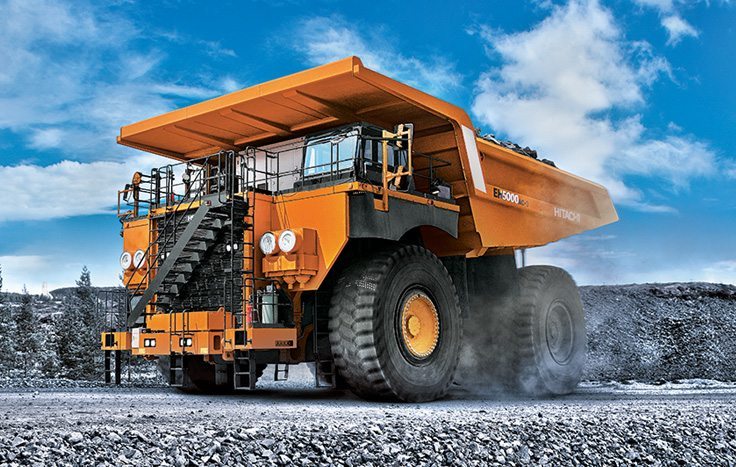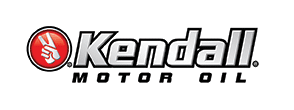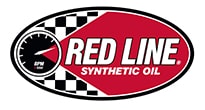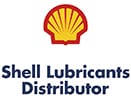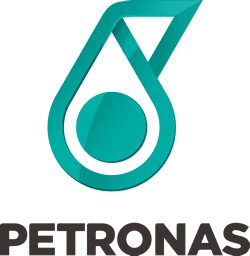Ways that you can extend the life of your biggest assets
Heavy equipment and machinery are some of the largest investments your company will purchase, with many of these machines being used as an essential part of daily activities. The breakdown of equipment can put production schedules out for days, even weeks, and cause a massive loss in profit. The risk of breakdown can be reduced by ensuring equipment is properly and regularly maintained to ensure you are extending the lifespan of your machine and thus getting the most return on your investment.
Improper maintenance can wear your equipment sooner, leading to the need to replace it sooner. Whether you’re in the farming, construction, mining or aviation industries, replacing a machine early due to poor care will put a drastic and unnecessary dent on your bottom line.
We’ve put together some important measures you can implement to ensure you’re taking the best care of your heavy equipment.
Standardised Training
Heavy equipment is usually operated by multiple employees, so it is integral that anyone operating the machine has sufficient training to operate. If equipment is not operated the way it was intended, there is a risk of putting unnecessary strain on the equipment, accelerating the wear of the machine, and a higher risk of acquiring a workplace injury. The machine is also more likely to fail, resulting in a loss of productivity and profit.
To mitigate these risks, it’s best to train your equipment operators to the same standard i.e. Assign one person in charge of training all current and new employees so the instructions are consistent. The training should include operational use, OH&S requirements, and any recommended manufacturer training.
Planning for Parts Replacement
Although replacing equipment parts can be pricey, it’s a better alternative to exceeding the recommended lifespan of a part and needing to replace the entire piece of equipment. By being proactive about maintenance and preparing for part replacements when they are due, you significantly reduce the risk of equipment downtime due to breakdown and the need to replace the whole machine.
Abiding by Recommended Use Guidelines
All heavy equipment will come with recommendations on how long it should be operated for and under what conditions. Most are built to withstand harsh climates and long hours, but it is vital to understand and operate under the recommended guidelines and specifications so the equipment is not pushed to its limit and damaged due to overuse. Timers can be set to monitor this and all operators should be aware of the equipment limits and recommended modes as part of their training.
Keeping it clean
Besides looking bad, dirty equipment can lead to damaged parts, corrosion, and even mask bigger problems that need to be addressed. It is important to regularly clean your equipment, whether that involves wiping surfaces, cleaning filters, or a full machine hose-down. During the clean, the equipment can be inspected closely and any issues should be easy to identify and report. Correct storage of your equipment is equally as important. Choosing a place where the risk of damage from elements is low can bypass problems such as rust or mould from occurring.
Using the Best Lubricants
Along with keeping to your scheduled maintenance and servicing of your heavy equipment, the most important preventative measure you can take is to inspect and change the oils and lubricants used on the machine.
Lubricants are used on many of the moving parts of a machine, which can be put under great stress. There are various physical and chemical characteristics of lubricants, the purpose of which differs depending on the particular component it is being used for. The original manufacturer will stipulate the recommended quantity and which lubricants will work best with your equipment to minimise the wear and promote optimal performance. These specifications should be found in the equipment’s service manual.
If you are unsure about the right lubricants to protect your heavy equipment, the expert team at Oil & Energy are here to help. Contact us today!
